Classical Education: Making the Transition in our Homeschool
 Friday, September 12, 2014 at 5:00AM
Friday, September 12, 2014 at 5:00AM
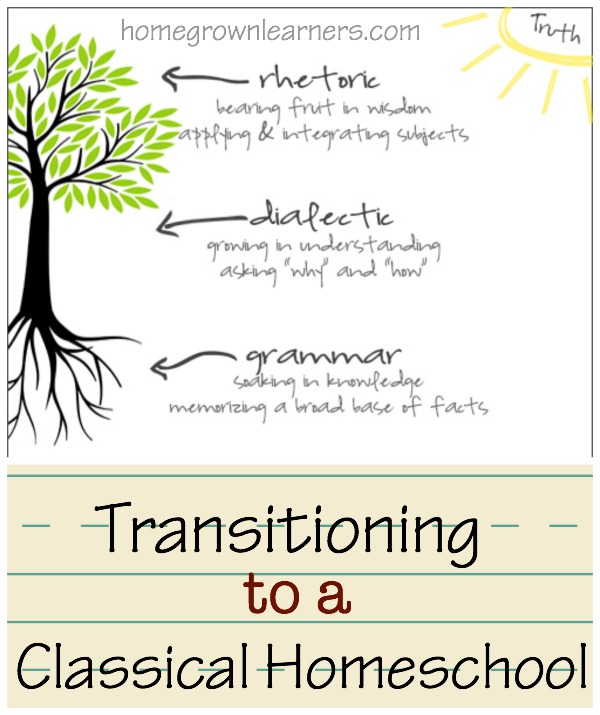
image courtesy Life Your Way
How did our homeschool transition from Interest Led/Charlotte Mason (eclectic, really) to almost 100% Classical?
I've gotten so many emails and questions on social media about how my kids are doing. How are they adjusting to a more rigorous schedule? How have they adapted to a completely different style of learning?
We've made the transition slowly over the past year. It hasn't been easy for me. In fact, my inner Charlotte Mason has been crying (although it's getting less and less as the days go on)!
I had a picture in my head of how I wanted our homeschool to look, but God had other plans.
*This post contains affiliate links.
Methods Change as Children Change
When my children were younger we lived very carefree, wonder-filled days. We used Five in a Row A LOT, engaged in a lot of nature study, and let our interests take us on many different explorations.
I believe this was precisely what we needed to do at that point in time.
We strengthened our relationships, developed a love for learning, and embraced childhood fully.
I don't regret the first four years of our homeschooling journey.
Do I wish we had started with the Classical model sooner? Maybe, but what purpose is served with "what-ifs"? I know God had a plan for our homeschool then, as well as now.
Accountability and Friendships
As my oldest was going through sixth grade I knew in my heart something HAD to change. We needed accountability and a steady peer group.
Our method of homeschooling (Interest Led and Charlotte Mason) didn't lend itself towards a lot of accountability from outside sources, and I had a child that NEEDED a push from the outside.
We were also in a friendship crisis of sorts. It was becoming difficult to find friends that I knew were going to stick with us all the way through graduation. We were never in one place long enough to foster deep relationships.
These two factors, accountability and friendships, were HUGE in our decision to join Classical Conversations.
Learning for the Christian Life
Another factor was the search for a rigorous, Christ-centered curriculum.
This picture (thank you Life Your Way) sums up why we settled on a Classical Christian Education.

I am seeing the grammar stage in Grant (age 9) in a BIG way. He loves to collect and memorize facts. This is what he is NATURALLY wired to do. Why not teach him that way? He isn't ready to apply and understand the facts yet, but he can memorize them.
I am watching Anna (13) argue with me through the dialectic phase. Children are, again, naturally WIRED to be argumentative and questioning at this age. Our studies in the Challenge program put that skill they have to EXCELLENT use!
In a few years she will be in the Rhetorical phase and I just can't wait!
The Classical Model takes into account our children's natural developmental phases, and is also based on the Biblical principles of knowledge, wisdom and understanding.
The deeper we get into Classical education the more I see God reflected in EVERYTHING we do, and the more I see all subjects integrated with God. God is at the center and everything flows to and from HIM.
*If you'd like to know more, read The Core - which was so helpful to me!
How are the Kids Handling the Transition?
Grant, being the youngest, didn't really notice a change. He loves to memorize, read, and just PLAY. He gets to do plenty of all three, so he's very happy.
I sat with Anna and asked her some questions about our transition to Classical education and her answers were honest and insightful. I know there have been growing pains, but I have also seen the fruit being born in our homeschool and have a peace that we have chosen a path that is best for our family.
Did you find the change from Interest-Led to Classical hard?
"Yes, and no. Before, I enjoyed choosing what we would learn. Now, I don't get nearly as much choice, but I think I am learning MORE. I feel like I'm going to more well prepared for the rest of my life. I know that school won't always be FUN, but life is like that, too. Plus, I like that I have friends who are learning the really hard stuff with me!"
What is the best thing about Classical education?
"Everything fits together really well. Debate fits with logic. Logic fits with math, etc... And, it all fits with God. I'm proud of the things I'm learning and know this will help me when I get ready for college. "
One of my long time friends and readers, Tristan, has been asking me how Anna still has time for what she loves with 6 hours of dedicated academic work each day. That's a great question!
Anna still plays the piano - this is her outlet. She also sings in a large children's chorus in the Atlanta area. She crafts a lot during our breaks and spent all summer crafting for Operation Christmas Child boxes. And, I'm so happy to always find her tucked away in her room with a book... she will wake early in the morning just so she has free time to read.
Her FREE TIME has diminished, but what she is accomplishing in the time she has is quite great - if that makes sense. Too much "white space" in her calendar wasn't good, and I'm happy she is busy with school, music (and starting tennis lessons this week, too!).
And of course -- we still READ ALOUD A LOT! I may just read aloud to my kids when they are adults {wink}.
Our entire family is learning so much more now. We are learning TOGETHER. We are SEEKING knowledge.
We are spending MORE time on the academics and we're also budgeting our time much more effectively. It's being impressed on us that our mission matches that of Classical Conversations: To Know God and Make Him Known.
A Classical Christian education is rigorous and challenging, but as Christians who have been given a GREAT commission, this seems to be the best way for US to live out our lives for God's glory.
I hope this answered any questions you have about our transition to Classical education. (If it didn't, feel free to leave me a comment!)
On to the collages from this week - where I've tried to show you some Classical learning at its best:
Science in the Grammar Stage
Grant memorizes a science fact each week. These facts are all dealing with the human body in this part of Cycle 3.
I'm trying to keep things SIMPLE. Less is more!

In addition to reciting the science fact, we also study our Acts & Facts Science Cards. These provide just a little information about the weekly memory work.
We are also doing experiments with the Magic School Bus Inside the Human Body Science Kit. Each time we perform an experiment we sing the Scientific Method song... hammering into Grant's head the steps of the scientific method:
- purpose
- hypothesis
- materials
- procedure
- results
- conclusion
Each week Grant also does a science experiment at CC Community day. This week is was about fingerprints and God's unique design for each of us.
Simple and beautiful. See what I mean?
Geography in the Grammar Stage
The knowledge my children have of the world AMAZES me.
Anna's accomplishment last year of drawing the entire world from memory is a gift.
I can see Grant's love for geography growing, and he's just eating up learning states, capitals, features, and how to draw the world, too.

Each day he practices his weekly geography memory work and traces the United States.
He is also working on drawing the continental blob map from memory. I'm wondering how many adults can place the continents correctly within the Tropic of Capricorn, Tropic of Cancer, Equator, and Prime Meridian?
As we go through events in history he can place them on a map. He has a reference for all of his knowledge. Again, this is a GIFT.
Dialectic Learning: Current Events
One of the strands in Challenge B this year is Current Events and Debate. First semester focuses on several current events topics.
We've discussed euthanasia, education reform, national health care, and tablets replacing textbooks.

Anna analyzes articles from different viewpoints and reports on them. She's learning about liberal and conservative media outlets, author bias, and more.
Then (and this is the part I LOVE), she goes to the Bible to see what God's word has to say about these issues. What should our response, as Christians, be to events in our world?
They discuss their views and the views of others during their community day.
She is being equipped to defend her faith in the real world. THIS is why we homeschool.
This week she came home with this bookmark - which she had received from another Challenge student during their devotion time at school. I love that these children encourage each other in their Christian and academic walk.
As a parent, I feel 100% secure about what my daughter is learning each day and WHOSE knowledge is being imparted to her.

Of course, we do much more in a week. Math, music, literature, Latin, sports, history -- I'll try to highlight some of those in coming Collage Friday posts.
For now, I feel good about our homeschool. I'm being stretched in new ways and our family is growing in ways I could never have envisioned. Once I gave up the control in our homeschool and let God take the lead, we started making progress.
Funny how that works!
What about YOU? What is your homeschooling method/philosophy. Has it changed over time? I'm always curious about what other people's homeschools look like!
Please join me for Collage Friday by linking your post with a photo collage wrap up of your week.
Add your link using the widget below. Additionally, if you'd like to join further, use the hashtag #collagefriday on Instagram, Facebook, or Twitter.

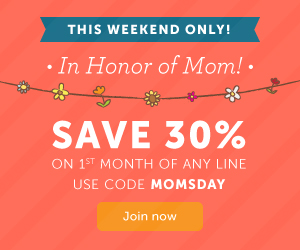

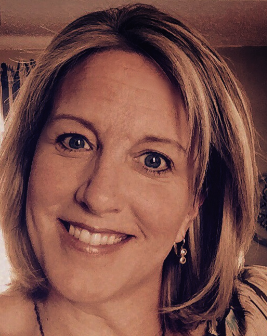







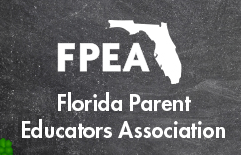
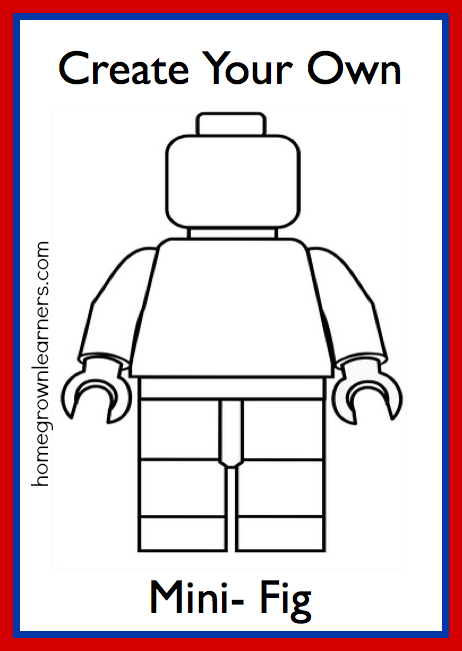


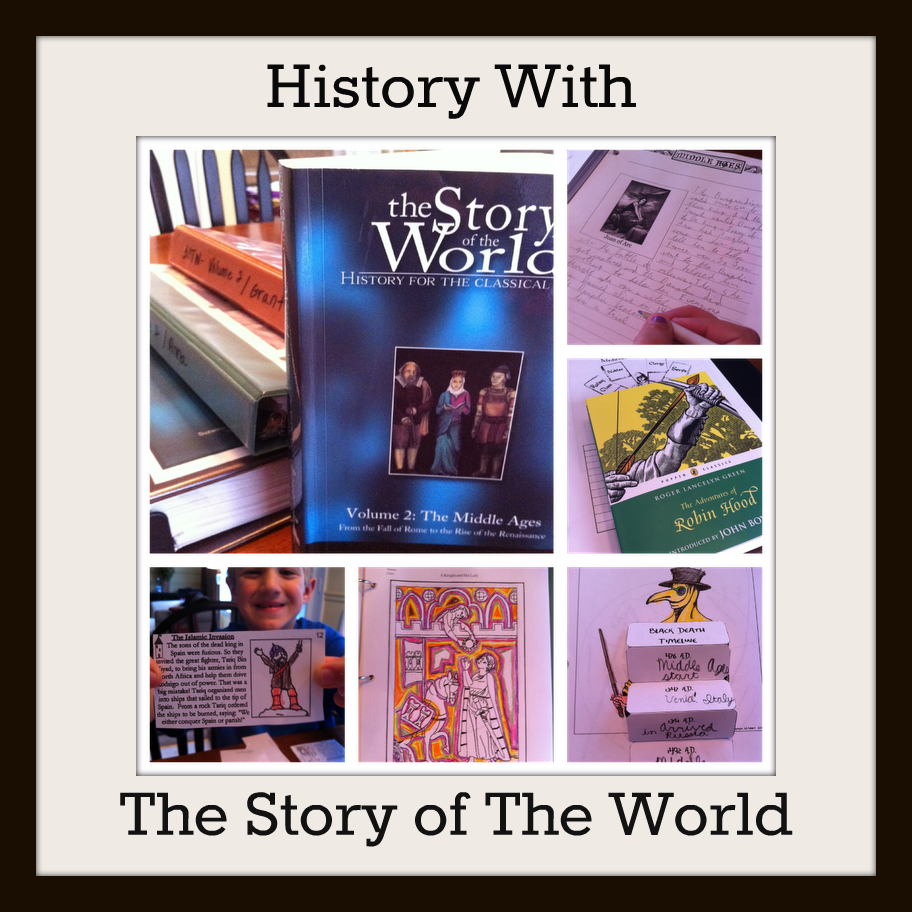
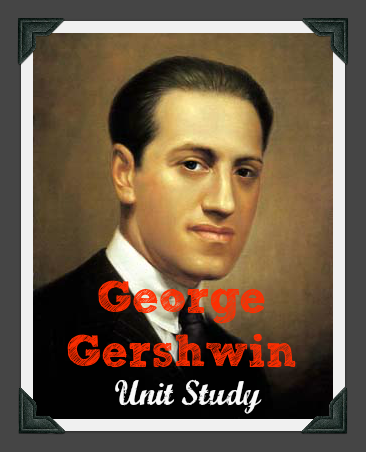

Reader Comments